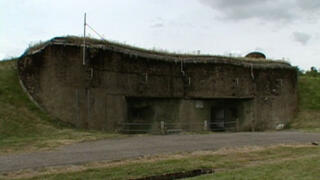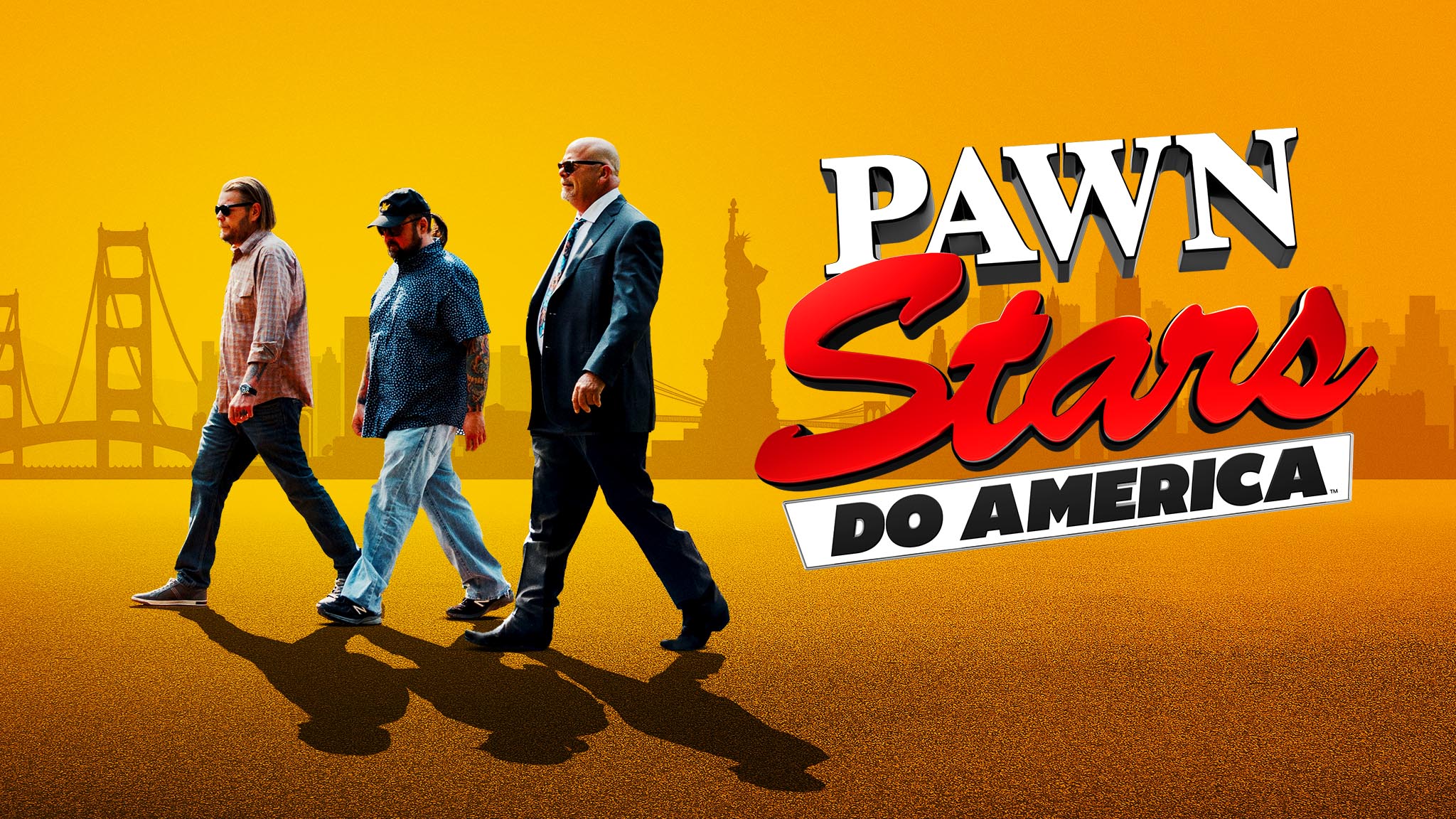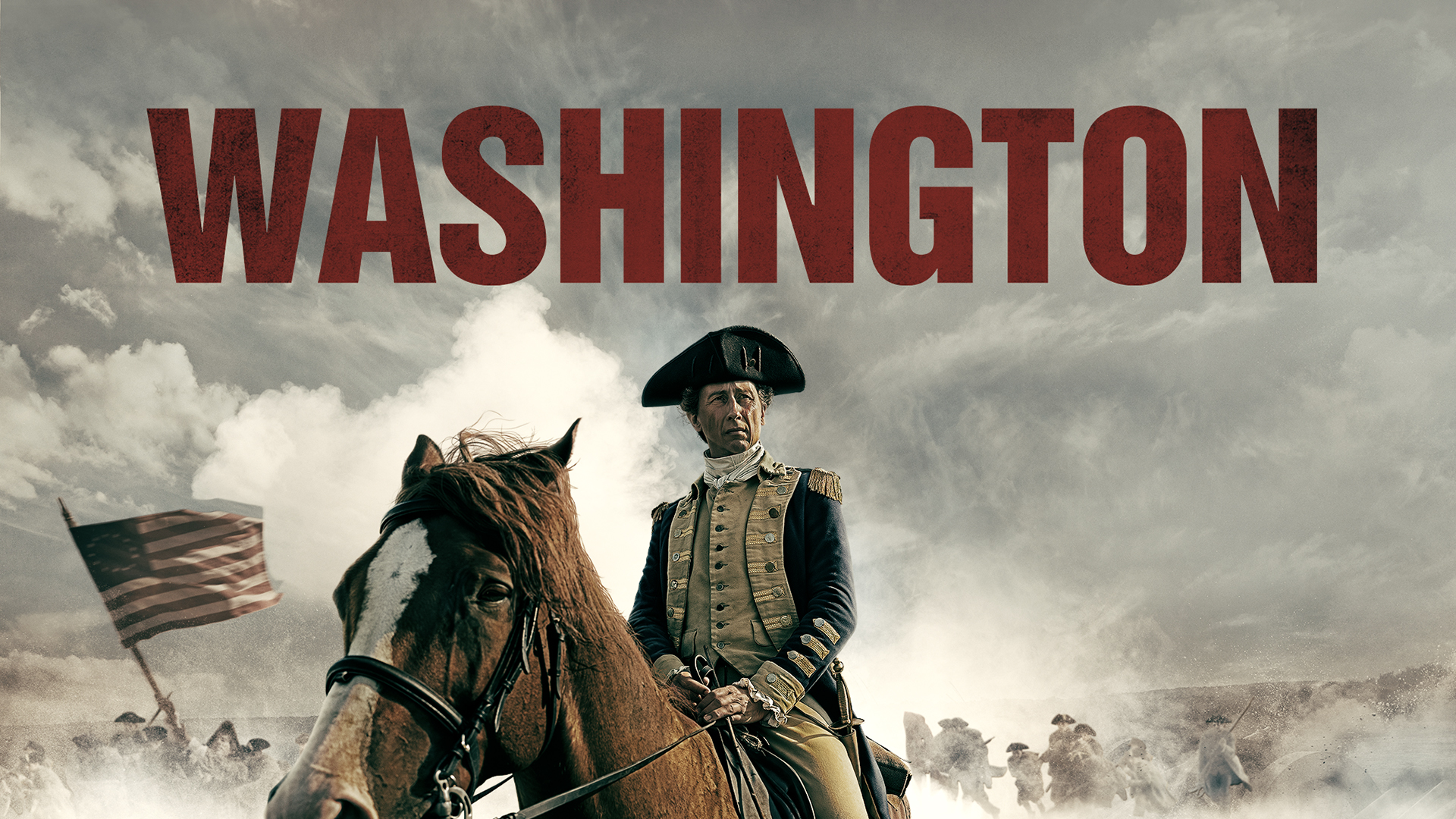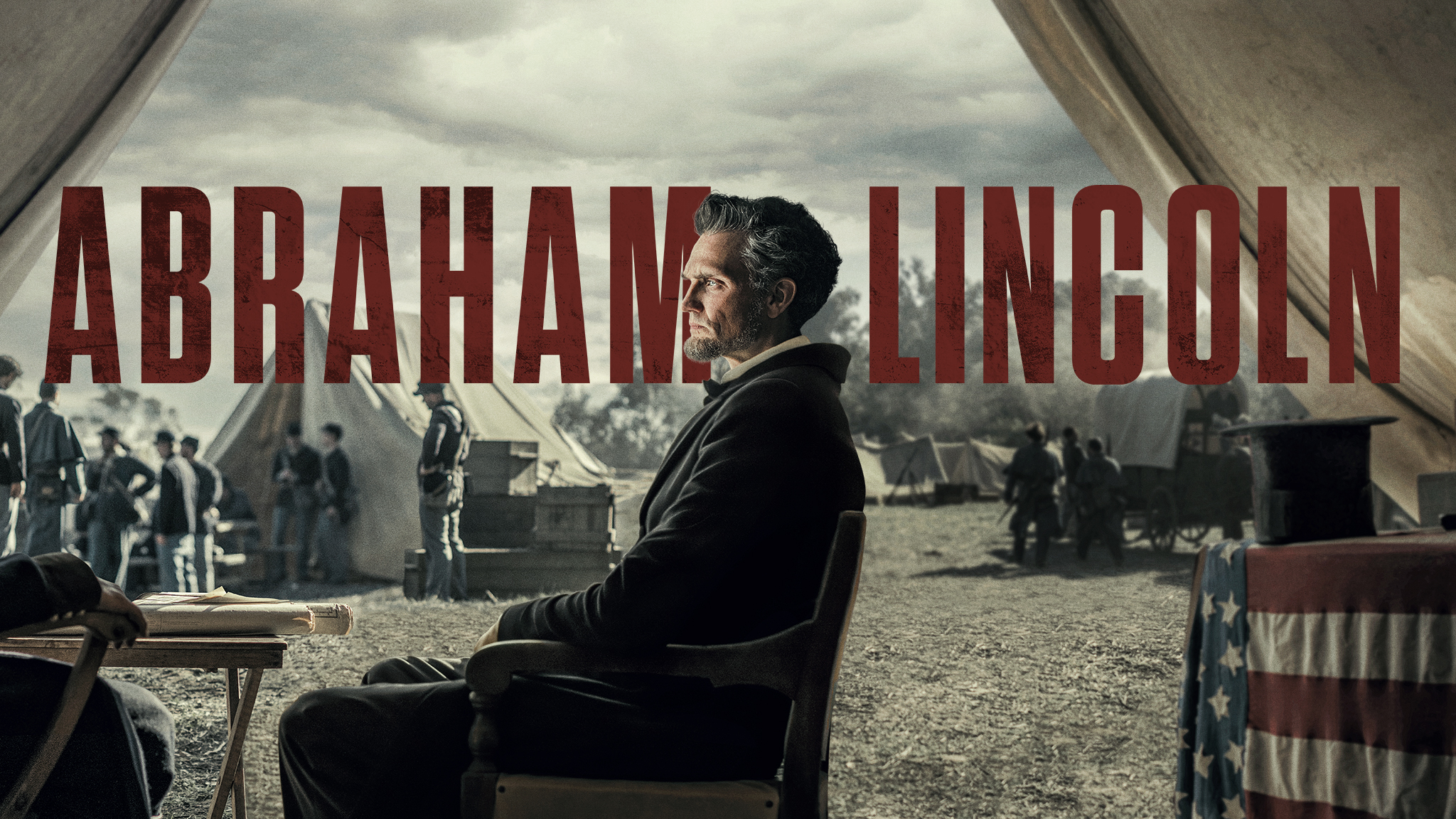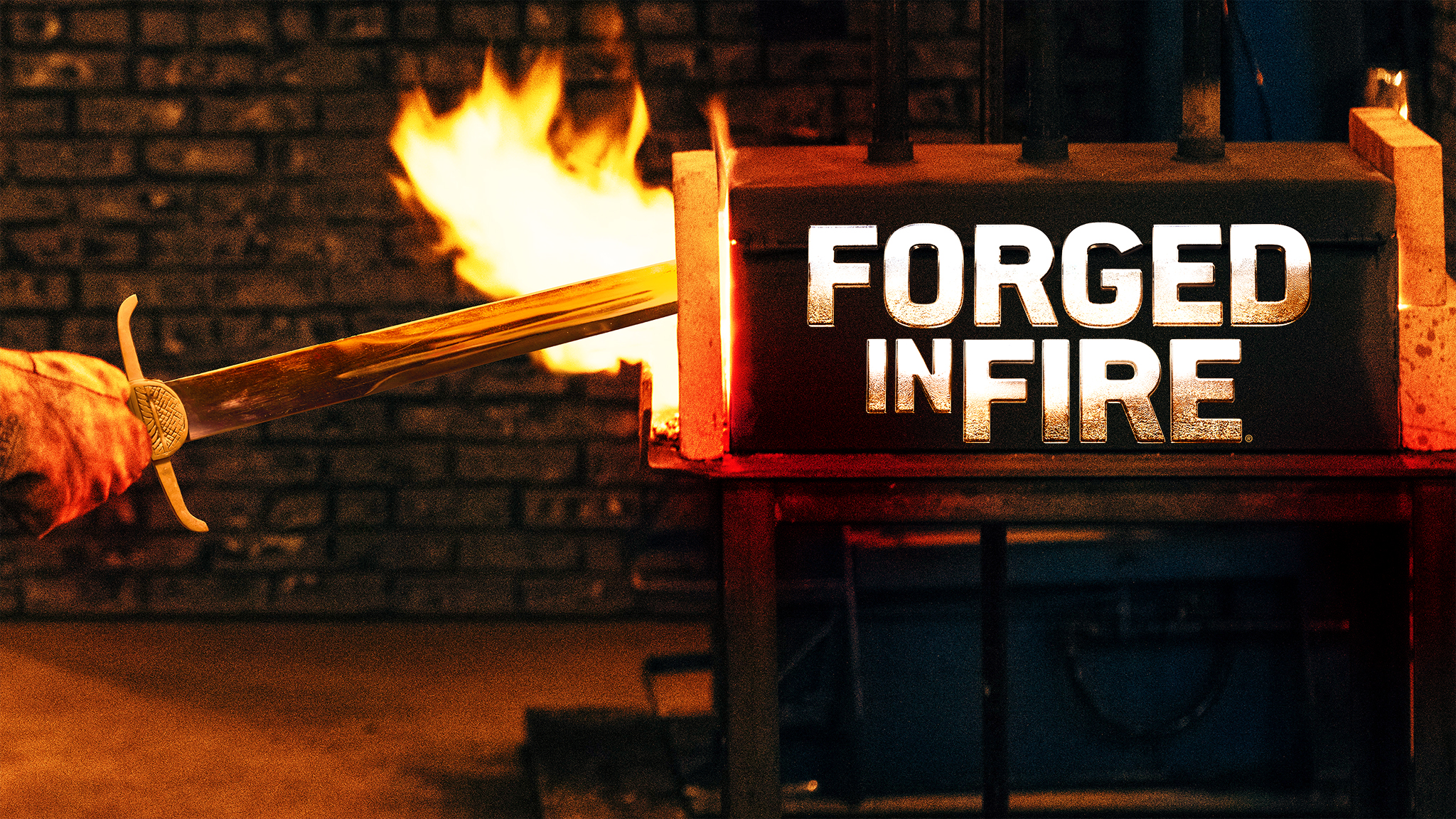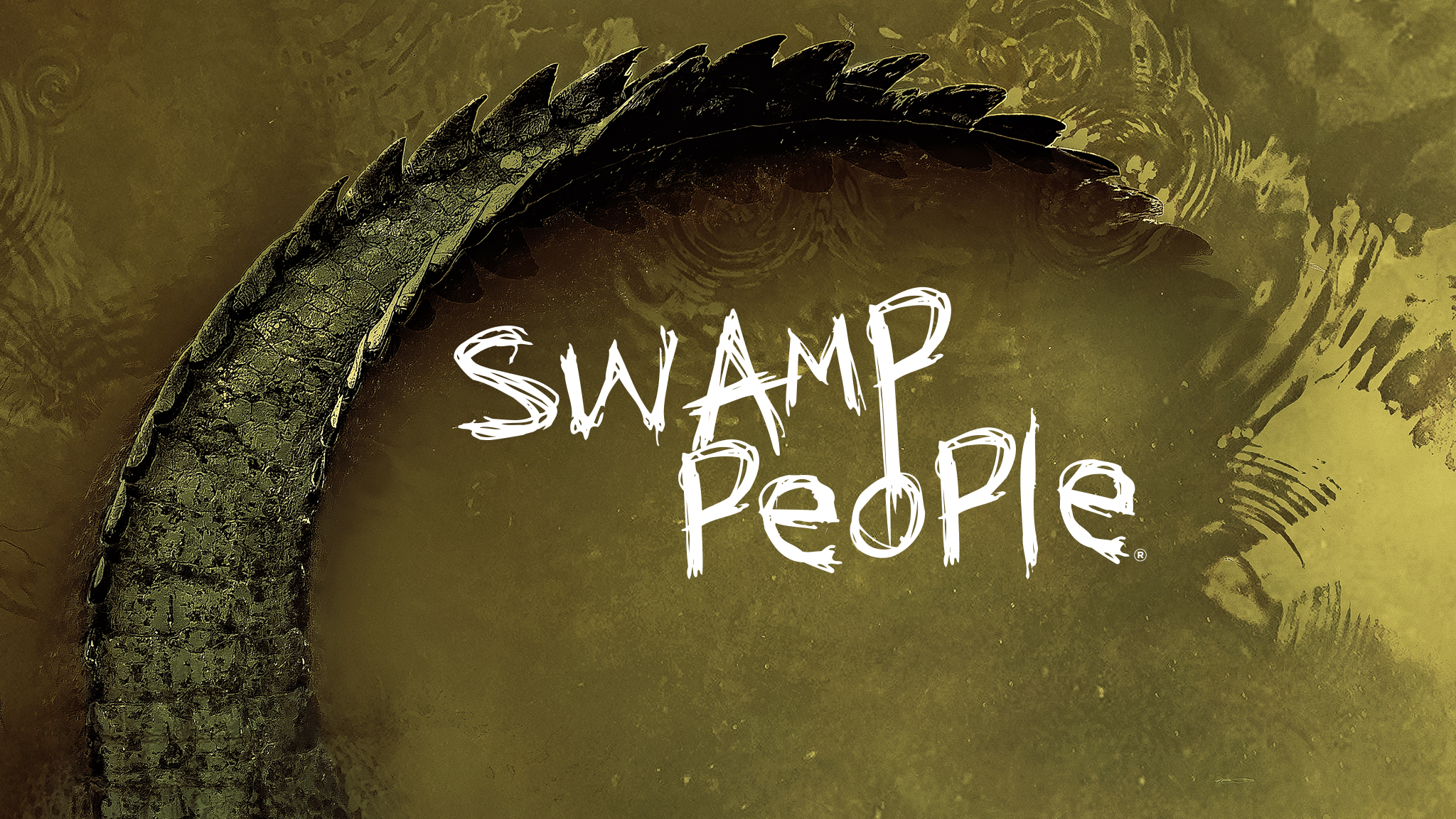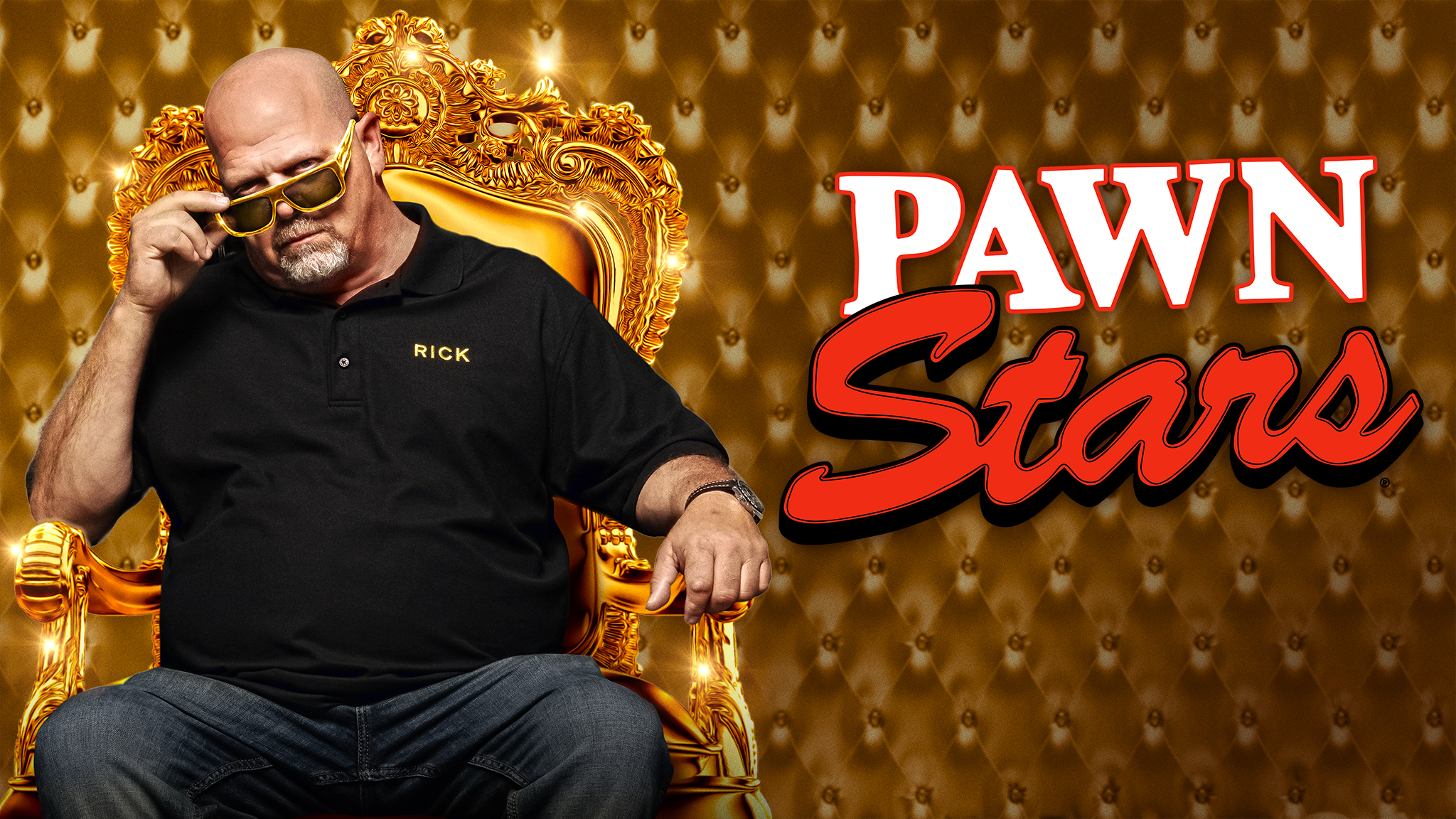Get an unprecedented look at the most extreme missions of the most extreme job in the world. You have one shot, one scoped sight, one controlled breath, one squeeze of a honed trigger. In a fraction of a second, you will either be a hero who took out an enemy commander, or a lone hunter who has suddenly become the hunted. This special deconstructs and analyzes the most dangerous feats undertaken in the history of military warfare. The legendary snipers who are still alive will share never-before-told stories about their classified missions. What techniques were used by these sharpshooters? What roles did the weather conditions, terrain, weapons systems, and snipers' physiological states play in the success of each operation?
